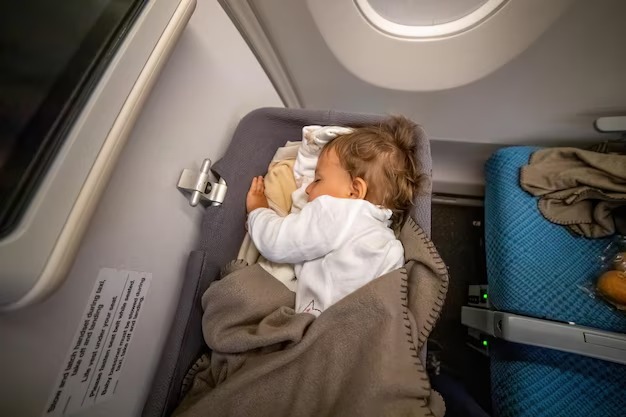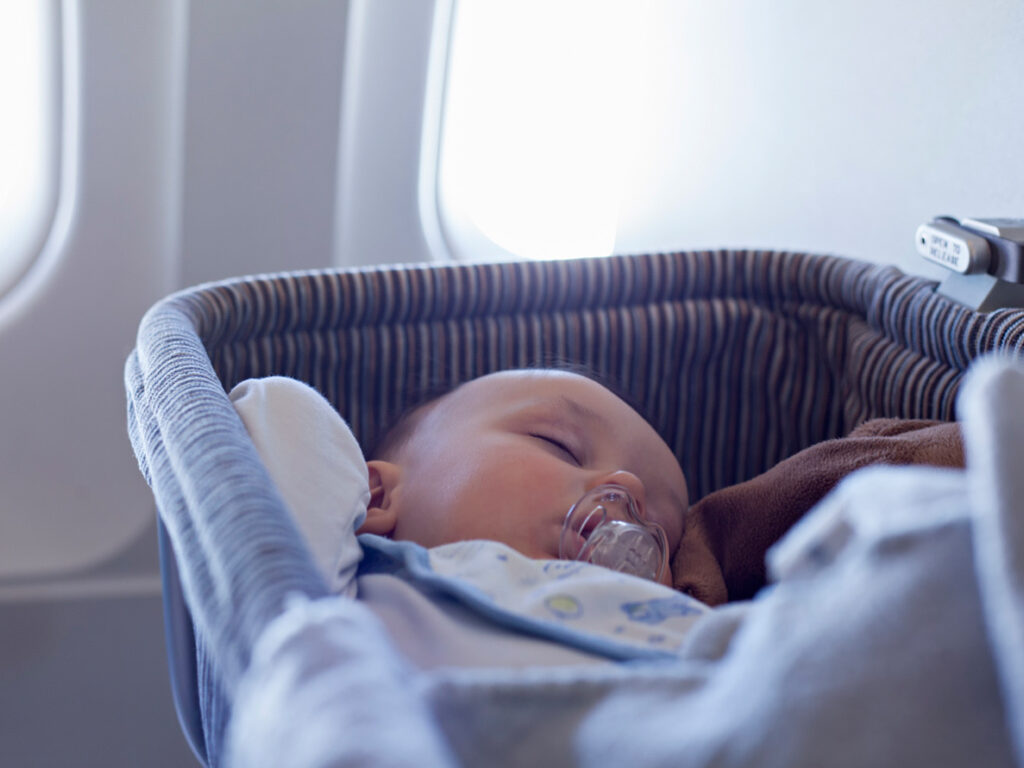Flying with a newborn for the first time can feel overwhelming, especially if you are unsure what to expect. From knowing when it is safe to fly to managing feeding, documents, and airport procedures, every detail matters when it comes to your baby’s comfort and safety. This guide provides a clear overview of essential travel tips including preparation, packing, health considerations, and what to anticipate during the journey. Whether it is a short family trip or a long international flight, being informed helps reduce stress and gives you the confidence to travel smoothly with your newborn.


